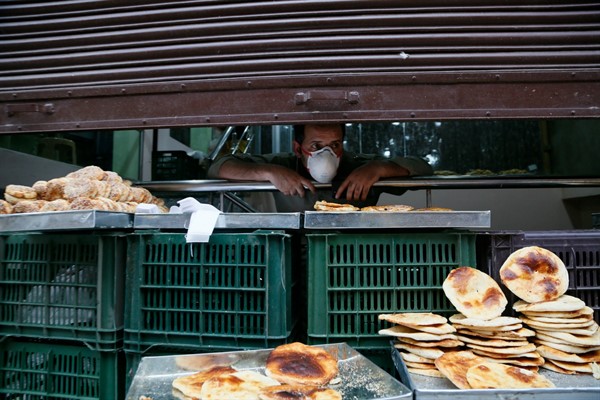The coronavirus pandemic has thrown a harsh light on the long-standing structural weaknesses of global labor markets and of the protections available for workers. The estimated 2 billion people worldwide toiling away in the informal sector—in jobs that are not backed by contracts or institutions, and that are not monitored or taxed by governments—are the new economically vulnerable. Across the globe, in developing and developed economies alike, these often-overlooked workers are bearing the brunt of COVID-19 and its accompanying economic depression, and will continue to even when economies start to recover. Because many of these employees work off the books or depend on consumer spending, they will also be some of the last to be reemployed.
This is the new fault line of domestic and global inequality, and the fissure is about to get a lot wider. According to the International Labor Organization, more than 62 percent of the world’s active labor force earn their living in the informal economy. They include everyone from fruit sellers in open-air markets, to many independent domestic workers, to undocumented farm laborers, many of whom live day by day. In the developing economies of countries like India, Nigeria, Brazil, South Africa and Peru, informal sector workers make up anywhere from 35 percent to 80 percent of the active labor force.
A disproportionate number of these workers are poor. Even before the pandemic, 22 percent of South Africa’s informal sector workers—who represent 35 percent of the country’s total labor force—were living below the absolute poverty line, earning less than $3.10 per day. In Nigeria, 80 percent of laborers work in the informal or shadow economy, and some 72 percent of them lived below the poverty line before the pandemic. In the United States in 2017, more than 16 percent of the workforce was in the informal sector, nearly 19 percent of whom earned less than 40 percent of the country’s median income. Significantly, these figures do not include the many retail, service sector and gig economy workers who have jobs in the formal economy—working on the books, paying taxes and, sometimes, enjoying paid sick and vacation leave—but who lack other benefits and job security.

